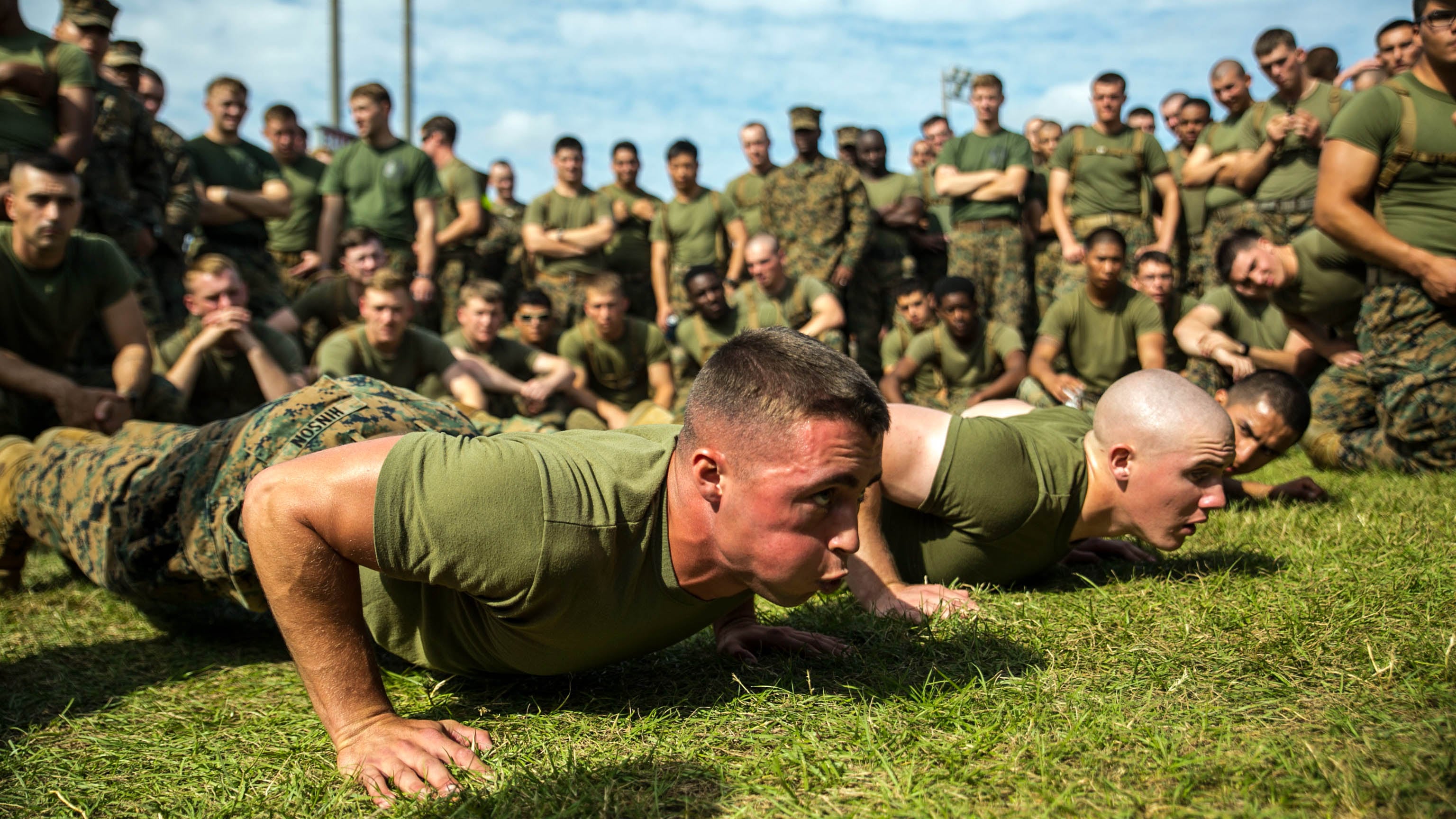Watch your military email carefully over the next few weeks.
You may be among the 400,000 service members chosen to participate in a Defense Department web-based survey about health topics such as diet, exercise and sleep habits; alcohol and tobacco use; and sexual behavior.
The survey, which is confidential, takes about 20 to 25 minutes to complete.
About 11 percent of the active-duty force and about 20 percent of Guard and Reserve members were chosen in a scientific random selection process to participate. The survey email will have a subject line that includes the words “2018 DoD Health Related Behaviors Survey” in various forms, such as “Invitation to participate in the 2018 DoD Health Related Behaviors Survey.”
The results of this confidential survey are widely distributed across DoD, as policymakers and leaders look at trends among the service member population. No one in the Defense Department or the services, including the survey participant’s immediate chain of command, will know who participated in the survey or will have access to individual responses to survey items, according to a DoD authorization letter provided on the DoD Military Health System website.
The survey “gives DoD a sense of the force readiness,” said Sarah Meadows, a senior sociologist with RAND Corporation. RAND is conducting the survey along with Westat, which is collecting the data.
“This is one of the ways that the military can take the pulse of what’s going on,” Meadows said. “By using this data across time, it allows DoD to see trends that might indicate a problem that isn’t a full-blown problem quite yet, but it might be an upcoming threat to readiness. They can address it while it’s still a lesser issue.”
RELATED

Service members can use a government computer during duty hours, a home computer, a smartphone or tablet to complete the survey. The survey can be forwarded to the service member’s personal email account.
The first wave of survey emails and letters are being sent this week to a small sample of about 5,000 service members, to make sure the systems are all working, said Meadows. The full rollout of the survey will start Oct. 29.
Those chosen to take the survey receive emails and letters, with instructions for taking the survey, including a special code required.

The survey will remain open through the holidays and probably through February, Meadows said. However, researchers would like for people to participate in the survey as soon as possible after they get the notification, “in part, because we’re going to continue to bug you if you don’t take the survey,” she said.
There’s some concern that the response rate may be low among Reserve component members. “We can only send invitations to their military email, so if they don’t check those regularly, it’s possible they won’t know about the survey,” she said.
The more people who respond to the survey, the more representative and useful the results will be.
Service members should expect postal letters as well as emails, but it’s possible that they won’t get one or the other, perhaps because their address or email address data in the Defense Manpower Data Center files was not valid for some reason, Meadows said.
The DoD Health Related Behavior Survey is generally conducted about every three years; the first survey was fielded in the early 1980s.
Meadows said RAND hopes to brief DoD offices on the survey results by the fall of 2019, but it’s up to DoD whether to release the results to the public, and when. The last survey, fielded in 2015, was released in the summer of 2018.
Karen has covered military families, quality of life and consumer issues for Military Times for more than 30 years, and is co-author of a chapter on media coverage of military families in the book "A Battle Plan for Supporting Military Families." She previously worked for newspapers in Guam, Norfolk, Jacksonville, Fla., and Athens, Ga.





